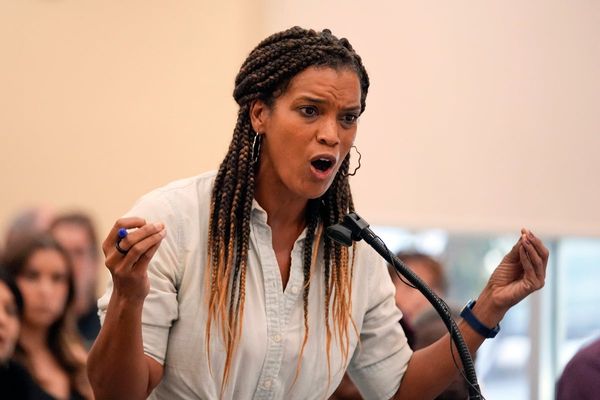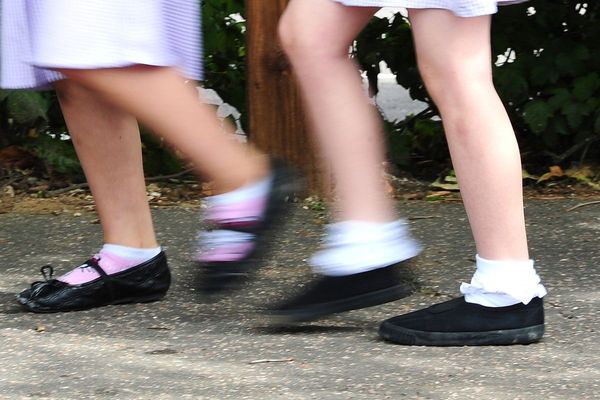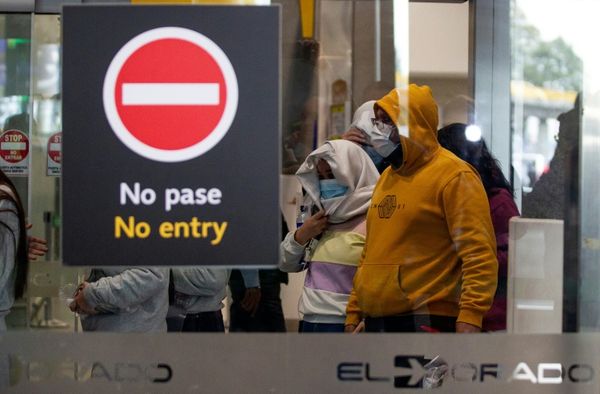
Special elections for two vacant seats in the Michigan house of representatives flipped control back to Democrats, who organizers say could use their restored trifecta in the state to pass legislation protecting voting rights and election administration.
A push to codify voter protections stalled after two Democratic lawmakers resigned and the party lost its majority in the house of representatives last November. With the election on Tuesday of Mai Xiong and Peter Herzberg, who represent sections of Detroit and its suburbs, legislators could use their newfound majorities to renew those efforts.
In November 2022, Michigan voters passed a constitutional amendment enacting sweeping election reforms, including establishing early voting, expanding absentee voting and pre-empting the creation of stringent voter ID laws. The following year, the Democratic-controlled state legislature passed legislation to enact the amendment, setting aside more than $40m in the state budget to fund a measure to expand early and absentee voting, which was adopted by election clerks across the state.
Despite some hiccups along the way, election offices across the state have succeeded in enacting the newly guaranteed nine days of early voting. Ahead of the 27 February presidential primary, more than 1 million Michiganders cast early and absentee votes – a record, according to the state. The secretary of state’s office attributed the high turnout to the expanded early voting measure.
In their last legislative session, Michigan lawmakers introduced other measures to protect voting rights – including establishing, through a package of bills, a state-level voting rights act and a ban on prison gerrymandering. The Michigan voting rights act forms part of a slew of measures states have taken to fill in the gaps left by weakened federal voting rights protections: New York, Connecticut, Virginia, Oregon, Washington and California have already passed such legislation.
The Michigan voting rights act would add protections for disabled voters, ban voter suppression and expand the use of translated ballots for voters whose primary language is not English. A measure to ban prison gerrymandering would take into account the home addresses of incarcerated Michigan residents, rather than the location of their prison, when creating political districts. As it stands, people in prisons are counted as residents of the communities where they are incarcerated – inflating political representation in towns where prisons are located.
Meanwhile, a set of bills banning guns at polling places, clerk’s offices and ballot drop boxes cleared the state senate in February and could pass the house with its new Democratic majority.
“We’ve made so much progress with the big ballot proposals here in Michigan and with all the work that this pro-voter, pro-democracy legislature has done,” said Jamie Lyons-Eddy, the executive director of the Michigan-based voting rights group Voters Not Politicians.
“But even with all of that progress, communities that have been historically marginalized in our democracy continue to face barriers to accessing their constitutional right to vote.”







